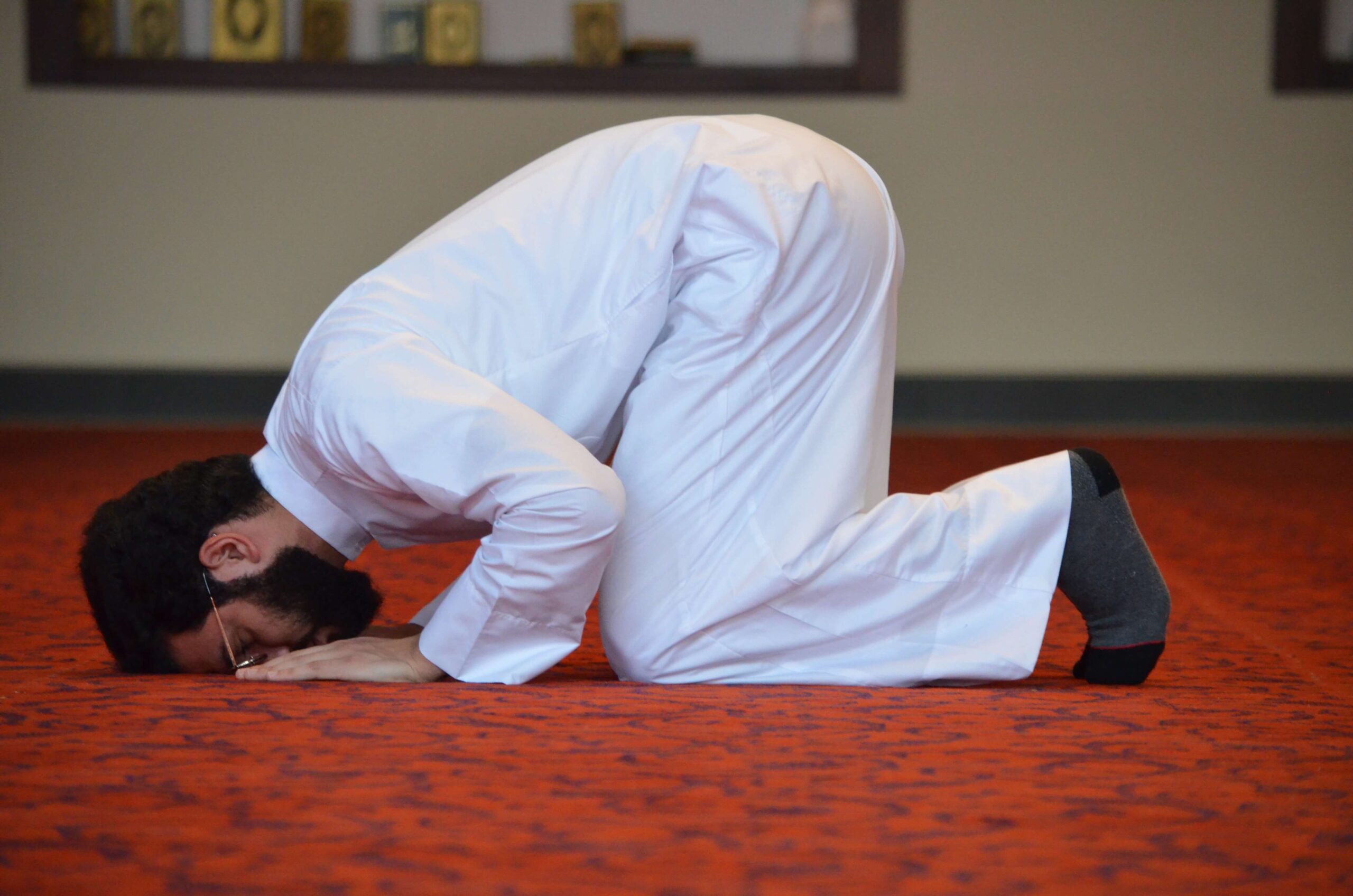Salah, the ritualistic prayer in Islam, is a pivotal practice performed five times daily. These prayers, known as Fajr (dawn), Dhuhr (midday), Asr (afternoon), Maghrib (sunset), and Isha (night), serve as a continuous thread connecting Muslims directly to Allah.
What is Salah?
Salah is a structured form of worship that involves specific physical movements and recitations. Each of the five prayers is performed at designated times throughout the day, ensuring that worship is interwoven with daily life. These prayers are a means of maintaining a constant dialogue with Allah, reinforcing the believer’s faith and dependence on Him.
The Muslim’s Responsibility
For Muslims, performing Salah is not merely a ritual; it is a fundamental duty that requires regularity and sincerity. The process involves several key aspects:
- Timeliness: Each prayer must be observed within its designated time frame, emphasizing punctuality and discipline. This structure helps to anchor a Muslim’s day around their faith.
- Devotion: Salah is performed with focused attention and reverence. It is an opportunity for spiritual introspection and a chance to seek guidance and strength from Allah. Muslims are encouraged to approach each prayer with mindfulness, reflecting on the meanings of the verses recited and the significance of the movements.
- Connection with Allah: Through Salah, Muslims cultivate a personal connection with Allah. This practice acts as a spiritual reset, providing moments of calm and reflection amidst the busyness of daily life.
The Impact of Salah
Salah reinforces the sense of accountability and divine connection, serving as a regular reminder of Allah’s greatness and the importance of faith. It integrates spiritual practice into daily routines, fostering a sense of discipline and devotion. By committing to Salah, Muslims sustain their spiritual growth and maintain a continuous link with their Creator.


Leave A Comment